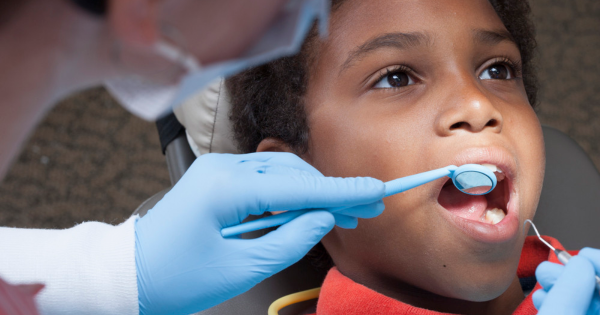Welcome to our comprehensive guide on how to maintain excellent dental health! Good oral hygiene not only enhances your smile but also plays a crucial role in your overall well-being. Poor dental care can lead to a myriad of health issues ranging from gum disease and tooth decay to more severe health problems like cardiovascular disease. In this blog post, we’ll explore essential strategies for effective dental care that you can incorporate into your daily routine.
Whether you’re looking to overhaul your oral health habits or just fine-tune your existing regimen, the following sections will provide valuable insights and practical advice. Remember, taking care of your mouth is an investment in your overall health, so let’s dive into the best practices for maintaining a healthy smile!
Daily Brushing and Flossing
One of the cornerstone practices for maintaining dental health is regular brushing and flossing. Brushing twice a day with fluoride toothpaste helps remove food particles and plaque the sticky film on teeth that’s a prime contributor to tooth decay. For optimal results, use a soft-bristled brush and replace it every three months or sooner if the bristles are frayed. Additionally, don’t forget the importance of flossing daily. Flossing removes debris from between teeth where a toothbrush cannot reach, helping to prevent gum disease. Visit Dental Care in N Palm Beach to learn more about proper brushing and flossing techniques.
Incorporate brushing your tongue as part of your routine to remove bacteria and freshen breath. Timely replacement of your toothbrush and using the correct brushing technique are key factors in effective dental care that often go overlooked.

Regular Dental Checkups
Visiting your dentist regularly for checkups is essential in detecting and treating dental issues before they escalate into serious problems. During these visits, dentists not only perform a thorough cleaning to get rid of hardened plaque but also check for signs of decay, gum disease, and other oral health conditions. Typically, it’s recommended to visit the dentist every six months; however, depending on your specific dental health needs, your dentist might suggest more frequent visits. Cumberland Pointe Dental is a trusted Dentist Noblesville, offering personalized care and modern treatments to help patients achieve healthy, confident smiles.
These appointments are also an excellent opportunity for you to discuss any concerns about your oral health with a professional and get advice tailored specifically to your needs. Regular feedback from a dental professional can significantly enhance the effectiveness of your dental care routine.
Healthy Diet for Healthy Teeth
Eating a balanced diet is crucial for good dental health. Foods high in calcium such as dairy products, leafy greens, and almonds are important for maintaining strong teeth. Meanwhile, crunchy fruits and vegetables increase saliva flow which helps clean teeth naturally. Avoiding sugary snacks and beverages reduces the risk of cavities since sugar is a major culprit in tooth decay.
It’s also beneficial to limit acidic foods that can erode tooth enamel over time. Instead, strive for a diet rich in vitamins D and C, calcium, phosphorus, and magnesium all essential nutrients that support healthy teeth.
The Role of Mouthwash
Mouthwash can be a helpful addition to brushing and flossing, especially for those looking to boost their oral hygiene regimen. It can reduce plaque buildup, prevent or reduce gingivitis (early-stage gum disease), freshen breath, and slow tartar formation a hard calcified deposit that forms on the teeth and can lead to cavities.
Choose therapeutic mouthwashes over cosmetic ones as they contain active ingredients that protect dental health by reducing bacterial growth and treat conditions such as bad breath, cavities, or gingivitis. Always consult with your dentist before introducing any new product into your routine.
Avoid Harmful Practices
Avoiding tobacco products is imperative for good oral hygiene. Smoking or chewing tobacco not only stains teeth but also elevates the risk of gum disease and oral cancer. Similarly, excessive alcohol consumption can contribute to oral problems by drying out the mouth a dry mouth lacks saliva which is crucial in controlling bacteria.
Other harmful habits include using teeth as tools (to open containers or cut through thread), biting nails, or chewing on hard objects like ice or pens all potentially leading to tooth damage or loss.
To conclude, maintaining exceptional dental health involves incorporating sound habits like effective brushing and flossing techniques, frequent dental checkups, eating nutritiously, using supportive dental products wisely, and avoiding harmful practices into everyday life. By prioritizing these principles, you can ensure lasting oral health and a bright smile.
We hope this guide empowers you with knowledge for taking proactive steps towards better dental care. Remember healthy teeth contribute significantly towards overall wellness!




